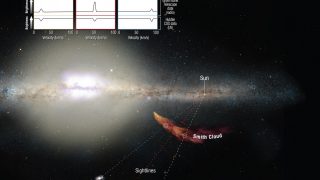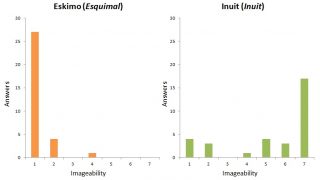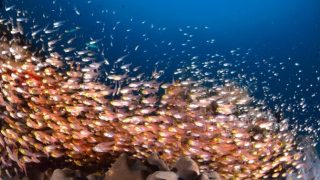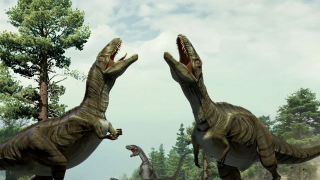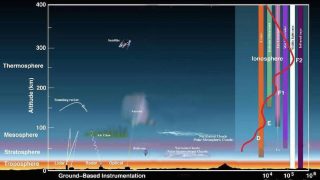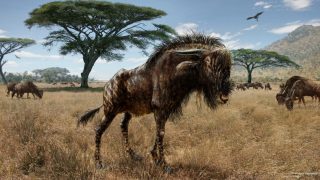
MI weekly selection #167
Humanities & Social Sciences • Science • Technology • Weekly Selection
Unusual nasal dome allowed ancient beast to trumpet like a dinosaur An ancient wildebeest-like creature that lived during the Ice Age had an unusual skull shape that enabled it to bellow like a dinosaur, according to researchers who found the skull fossils on what is now Kenya’s Rusinga Island. Rusingoryx atopocranion, which lived between 75,000 […]
